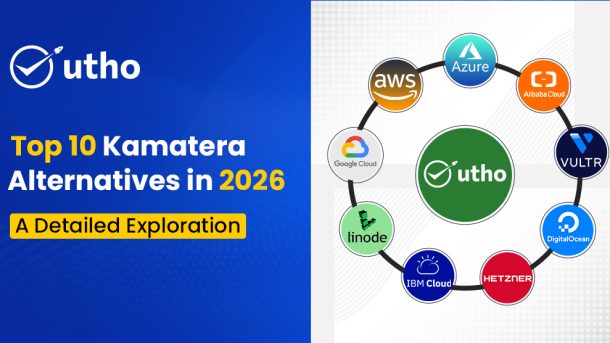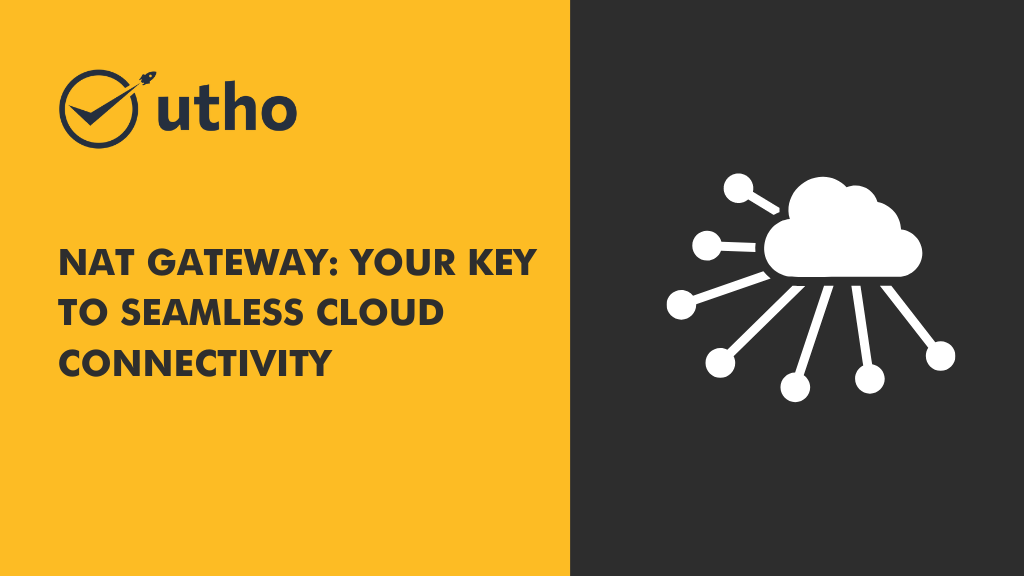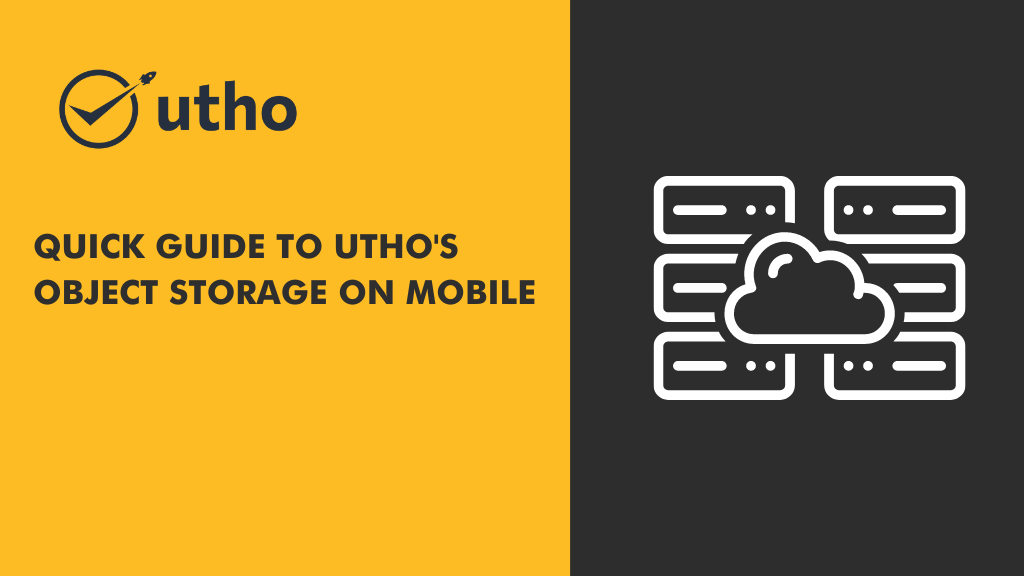With cloud hosting changing fast, businesses and developers seek unique solutions. They want to meet their needs. Kamatera has a strong market reputation. It is known for its scalable, customisable infrastructure. This makes it a popular choice. However, the growing cloud ecosystem offers many alternatives. Each has unique features and benefits.
This guide reviews the top 10 Kamatera alternatives in 2026. They were chosen for their features, benefits, and fit for various business needs. We will not just list the options. We will discuss why you must consider alternatives. We will highlight key factors to assess in your choice. Finally, we will give insights to help you choose the right cloud hosting provider for your goals.
Why explore Kamatera alternatives?
Kamatera’s robust offerings have made it a key player in the cloud hosting arena. It offers flexible pricing, global data centres, and customisable solutions. As versatile as Kamatera is, it can't meet every need. No single cloud host can do that for every business or developer.Here’s why exploring alternatives is a smart decision:
1. Specific Requirements
Businesses often have specific needs that Kamatera may not fully address. For instance:
- AI and Machine Learning: Providers like Google Cloud excel in AI-driven tools.
- GPU instances: Media rendering and scientific computing may need special GPUs. Other providers offer them.
- Edge Computing: For ultra-low latency apps, edge providers may be better.
2. Cost Optimisation
While Kamatera offers competitive pricing, it may not always align with your budget. Alternatives often come with:
- Transparent Pricing Models: Providers like Utho emphasise predictable billing.
- Some platforms offer free trials or credits. They help businesses test their services cost-effectively.
3. Support and Services
In critical cases needing managed services or support, businesses may find - Kamatera lacking. Competitors prioritise high-touch customer service. Many alternatives:
- Offer 24/7 technical support with SLA-backed guarantees.
- Provide managed hosting services for businesses looking to offload operational complexities.
4. Regional availability
For businesses serving specific geographies, the location of data centres is crucial for:
- Compliance: Adhering to data protection regulations like GDPR or HIPAA.
- Latency Optimisation: Reducing delays by hosting services closer to end-users. Kamatera's global data centre network may not suit some businesses. They may need local hosting solutions.
Key Factors Before Choosing a Cloud Hosting Provider
Switching or selecting a cloud hosting provider is a strategic decision. Here are the key factors you should evaluate when exploring Kamatera alternatives:
1. Scalability
A good cloud provider should support your business growth seamlessly. If you’re a startup scaling fast or an enterprise expanding globally, the provider should:
- Offer automatic or manual scaling.
- Accommodate seasonal traffic spikes or variable workloads.
2. Customization
Cloud hosting is not a one-size-fits-all solution. Providers that allow:
- Tailored configurations for computing, storage, and networking needs.
- Flexible options, like choosing operating systems, VM sizes, or custom templates, are ideal.
3. Cost
Pricing is a critical consideration. Compare:
- Pay-as-you-go models: avoid overpaying for unused resources.
- Free Tiers and Credits: Test the provider’s offerings without significant upfront investments.
- Hidden Fees: Ensure clarity on bandwidth, support, or resource usage costs.
4. Support
Technical issues are inevitable. A responsive support team can significantly impact your experience. Check for:
- Availability: Is support offered 24/7?
- Channels: Can you contact support via phone, email, or live chat?
- Response Times: Are SLAs in place for critical issues?
5. Performance
Ensure the provider guarantees high levels of performance. Look for:
- Uptime SLAs: Providers typically promise 99.9% or higher availability.
- Infrastructure Reliability: Check if their tech is cutting-edge, like SSDs and advanced networking.
6. Compliance
For industries dealing with sensitive data, regulatory compliance is non-negotiable. Ensure the provider:
- Adheres to Standards: Certifications like ISO 27001, SOC 2, or PCI-DSS are essential.
- Supports Regional Laws: Check compliance with regulations like GDPR in the EU or HIPAA in the US.
A Smart Choice: Balancing Needs and Features
The search for the right Kamatera alternative begins with identifying your business priorities. By checking the needs, costs, and features above, you can ensure the provider meets your goals.
Now, let's explore the top 10 Kamatera alternatives for 2026. We'll look at their unique strengths and offerings. Each option is notable for solving diverse business challenges well. Stay tuned for insights into these top cloud hosts, including Utho. It is a fast-growing, low-cost, high-performance alternative.
Top 10 Kamatera Alternatives in 2026
Cloud hosting is evolving. Kamatera is a good option. But there are several alternatives that may better meet different needs. This is a look at the top Kamatera alternatives. It highlights their unique features, benefits, drawbacks, and why they are good alternatives.
1. Amazon Web Services (AWS)
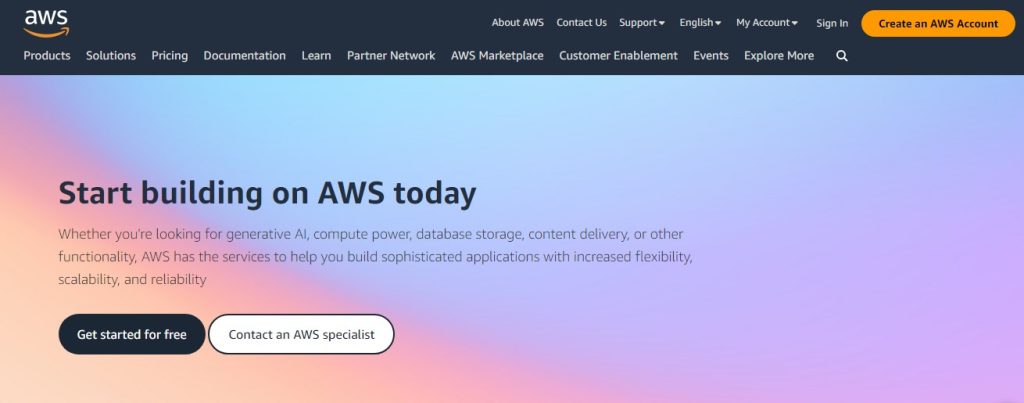
AWS, the top cloud computing provider, offers many services. It has unmatched scalability and a global reach. It is the go-to choice for enterprises looking for comprehensive cloud solutions.
Also read: AWS Alternatives
- AWS has advanced machine learning tools. It offers serverless computing with Lambda. Its global infrastructure has many availability zones and regions.
- Why choose AWS? It's perfect for large firms and developers. They need advanced tools, extensive APIs, and reliable multi-region support for their projects.
- Downside: Its complex pricing can lead to high costs. This makes it less appealing to start-ups and budget users.
- Why it's an alternative to Kamatera: AWS is similar to Kamatera. It has scalability and global data centres. But, it has a broader ecosystem, advanced AI tools, and developer services. These may appeal to businesses needing more robust solutions than Kamatera.
2. Google Cloud Platform (GCP)
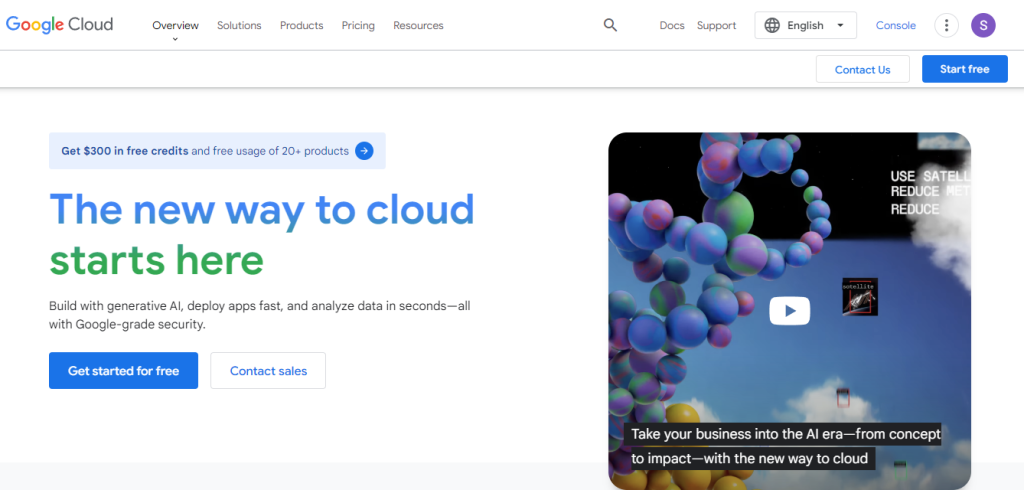
GCP is a top-tier cloud provider. It excels for businesses that rely on AI and data analytics. Its innovative tools make it a preferred option for data-centric applications.
Also read: Google Cloud Platform (GCP) Alternatives
- Features: GCP excels with its Kubernetes Engine, AI solutions, and BigQuery.
- Why choose GCP? It is great for apps needing scalable big data and AI insights. So, it is a favourite of tech-focused firms.
- Downside: GCP has a steeper learning curve than AWS and other platforms. This can be a hurdle for new users or small businesses.
- Why it's an alternative to Kamatera: Kamatera provides basic compute services. GCP, however, has powerful AI and data analytics tools. They are ideal for businesses using big data. Additionally, GCP’s Kubernetes Engine offers more advanced container orchestration.
3. Utho
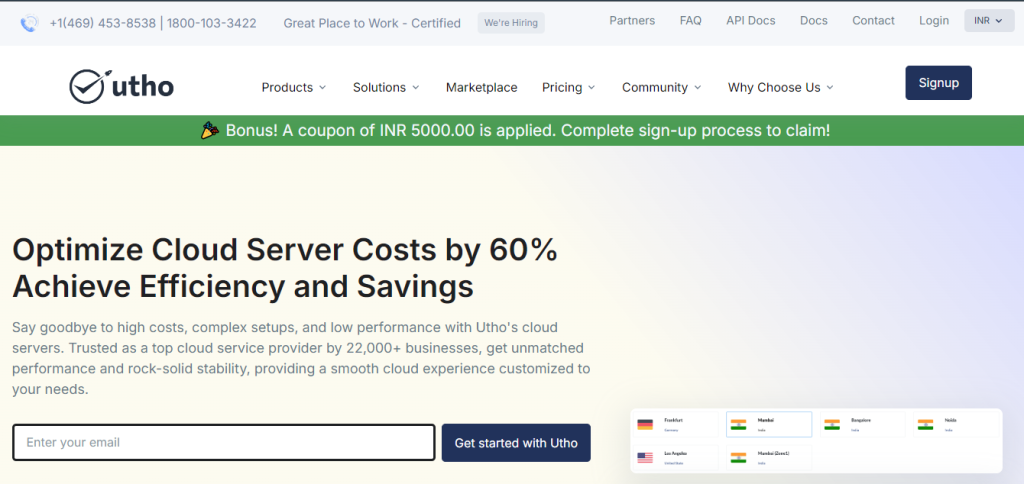
Utho is a cloud platform. It is becoming an Indian hyperscaler. It offers a rare mix of low cost, high performance, and simplicity. Utho is redefining cloud hosting for cost-conscious businesses. Its powerful, developer-centric solutions are the key.
- Features:
- Scalable Cloud Instances: Utho offers computing options that grow with your business.
- Kubernetes Support: It allows easy deployment and management of containerised apps. It has strong Kubernetes integration.
- Advanced Networking: Private networks, VPNs, and load balancers ensure secure, efficient connectivity.
- Tier 3 Data Centres: Utho's infrastructure ensures high availability and disaster recovery.
- Why Choose Utho:
- Cost Reduction: Businesses can save up to 60% vs. major hyperscalers. This won't hurt performance or reliability.
- Made in India: Utho aims to meet Indian firms' needs and compete globally. It embodies a 'Made in India, Made for the World' philosophy.
- Simplicity: Utho's platform is easy to use. It lets businesses quickly deploy and manage their infrastructure.
- Free Migration Services: Utho ensures a smooth move for businesses using other providers.
- Customer-Centric Approach: Utho offers 24/7 support. It goes beyond tech help to provide strategic cloud management.
- Downside: Utho is a rapidly growing platform. Its global data centre reach is still expanding.
- Utho is an alternative to Kamatera. It has similar, customisable infrastructure and global goals. But, it is cheaper and easier to use. Its focus on low costs and the Indian market makes it a great option for businesses seeking better ROI.
4. Microsoft Azure
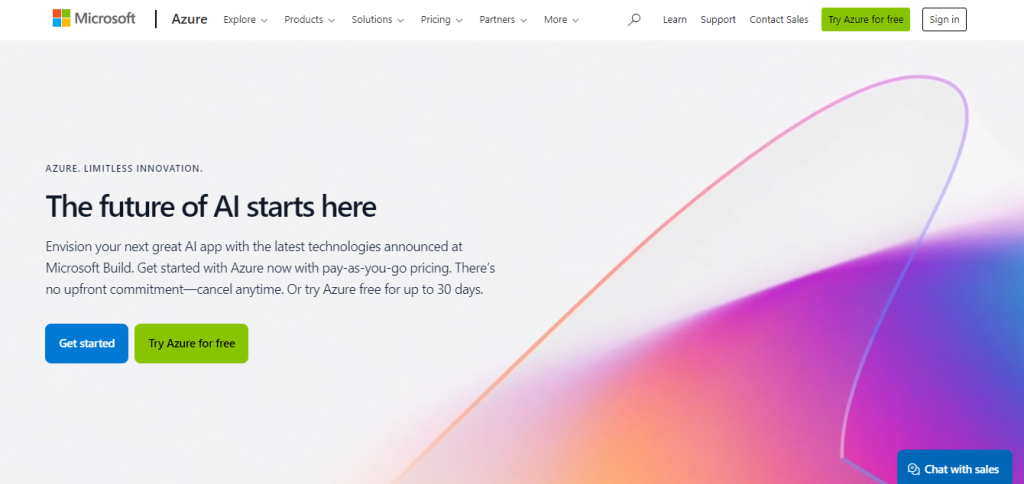
Microsoft Azure is a versatile cloud platform. It integrates well with Microsoft products. So, it is a favourite for enterprises using Office 365 and Dynamics.
Also read: Azure Alternatives
- Features:
- Hybrid cloud options for flexibility between on-premises and cloud environments.
- A wide range of development tools to support innovation.
- IoT capabilities for connected devices.
- Why choose Azure? Azure is perfect for businesses wanting strong, hybrid, multi-cloud solutions. It offers top-notch, enterprise-grade support. Its integration with Microsoft’s ecosystem is unparalleled.
- Downside: Azure's pricing and management tools can overwhelm small businesses and inexperienced teams.
- Why it's an alternative to Kamatera: Azure has a better hybrid cloud, more dev tools, and IoT features. These exceed Kamatera's offerings. It is a great choice for firms wanting better integration with Microsoft products.
5. DigitalOcean
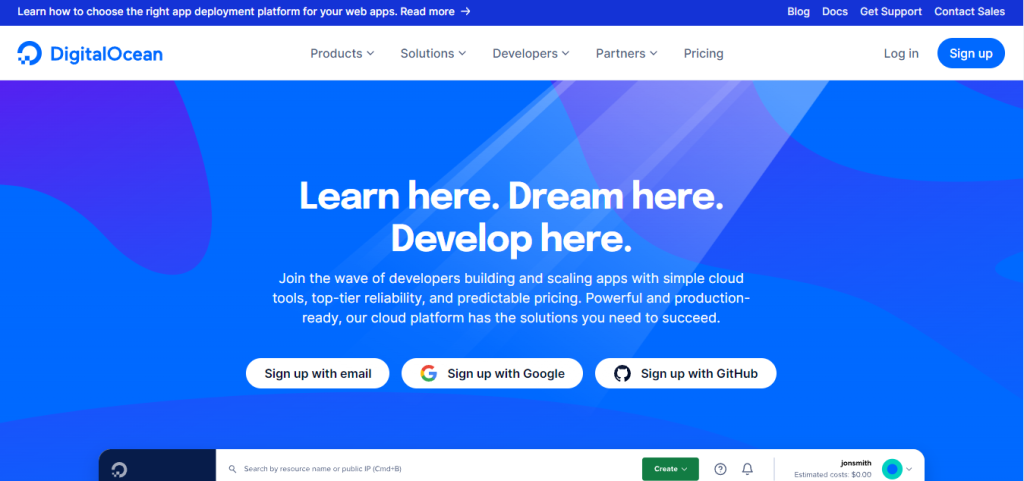
DigitalOcean has carved out a niche by focusing on simplicity and developer-friendliness. Its simple pricing and easy interface make it a top choice for start-ups and small teams.
Also read: DigitalOcean Alternatives
- Features:
-
- Droplets: Scalable virtual machines tailored for a variety of use cases.
- Managed Databases: Simplified database hosting for developers.
- Kubernetes Clusters: Easy deployment of containerised applications.
- Why choose DigitalOcean? Developers and startups value it for its low cost, ease, and many tutorials. It has strong community support.
- Downside: It's great for small teams. But, it lacks the advanced tools and enterprise features of AWS or Azure.
- Why it's an alternative to Kamatera: DigitalOcean is more developer-focused. Its prices are predictable. It competes with Kamatera. It's a great option for startups and small businesses. They want simplicity, not the complexities of larger platforms.
6. Linode (now Akamai Cloud)
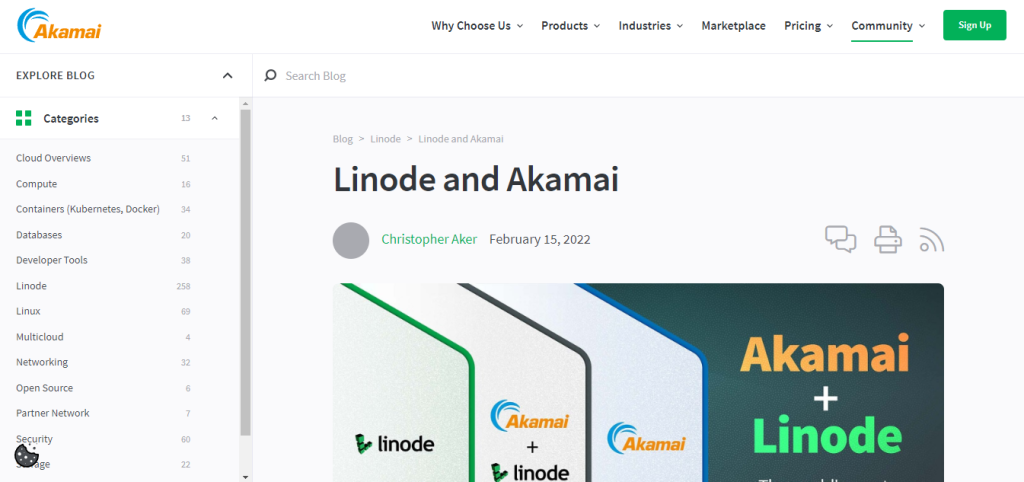
Linode, now part of Akamai's cloud, is a developer-focused host. It is known for its simplicity and low cost. Its strong infrastructure makes it ideal for small to medium-sized businesses.
- Features:
- High-performance SSD servers: Linode ensures fast application deployment with SSD-backed servers.
- Dedicated CPU Instances: They are for resource-intensive tasks. So, they suit computational workloads.
- Rich Educational Resources: Comprehensive tutorials and guides make Linode a developer-friendly choice.
- Why choose Linode? It has simple pricing and an easy-to-use platform. This appeals to startups and SMBs seeking reliable, cheap hosting. Its focus on education and simplicity ensures a smooth experience for developers.
- Downside: Linode lacks the advanced AI and ML tools of AWS and Google Cloud.
- Why It's an Alternative to Kamatera: Linode competes with Kamatera. It offers a more developer-centric approach and transparent pricing. Kamatera's customisation is its strength. But, Linode's low cost and ease of use make it a good choice for small projects and teams.
7. Vultr
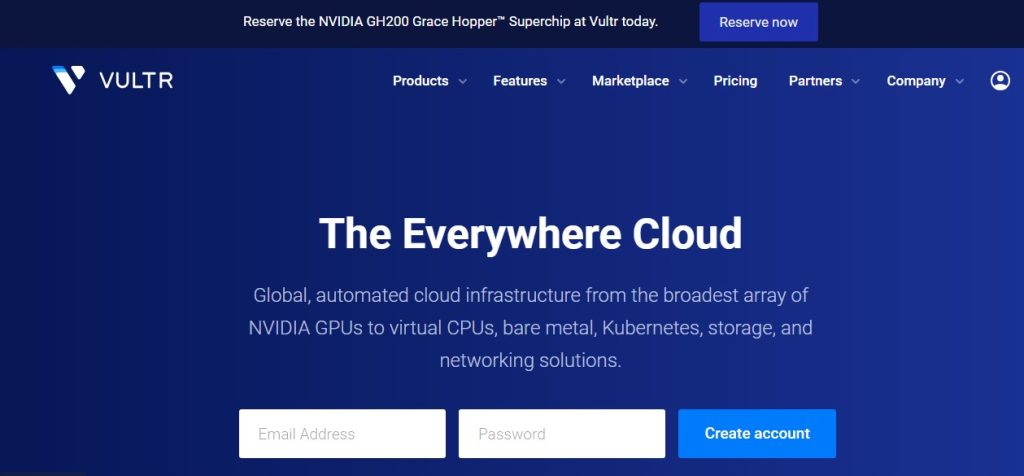
Vultr is a versatile cloud provider. It offers many compute options, from virtual instances to bare metal servers. Its global reach and low prices attract businesses of all sizes.
- Features:
- High-Performance SSD Storage: Ensures optimal performance for hosted applications.
- Bare Metal Servers: For organisations needing dedicated resources, Vultr provides flexibility and power.
- Managed Kubernetes: Streamlines container orchestration for developers and teams.
- Why choose Vultr? Its flexible, varied instance types are ideal for businesses that need scalable solutions. With data centres worldwide, it offers low-latency hosting and affordability for global users.
- Downside: It lacks the advanced tools of platforms like Azure and IBM Cloud.
- Why it's an alternative to Kamatera: Vultr is cheaper. It has similar scalability and flexibility, plus features like bare metal servers. For businesses needing diverse, globally available hosting, Vultr is a good choice.
8. IBM Cloud
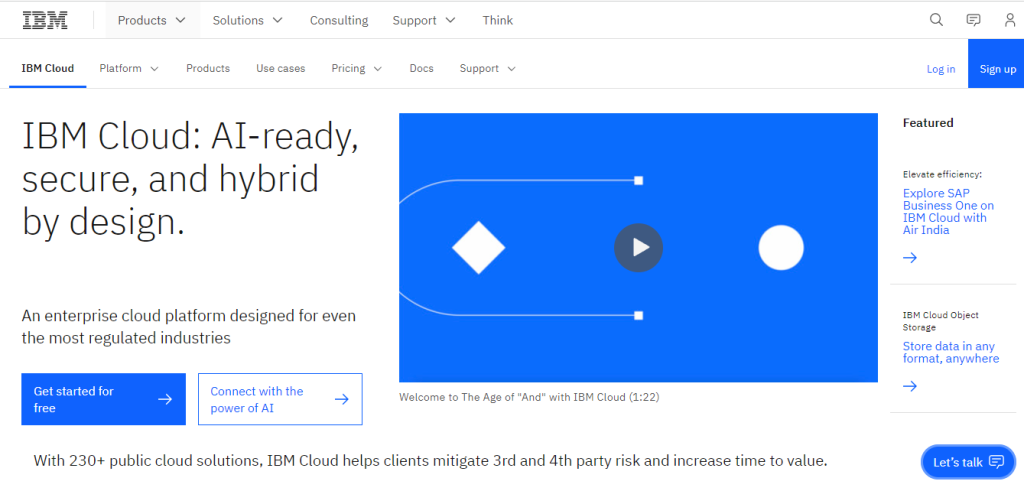
IBM Cloud caters to enterprises that require compliance-driven and AI-focused solutions. Its hybrid cloud and tailored offerings suit regulated industries, like healthcare and finance.
- Features:
- AI-Driven Tools: IBM's Watson AI provides top tools for data insights and automation.
- Industry-Specific Solutions: Customised for industries like finance, healthcare, and manufacturing.
- Hybrid and Multi-Cloud Support: Facilitates flexible deployments across private and public clouds.
- Why choose IBM Cloud? IBM excels in compliance and AI. It's an excellent choice for firms needing high security, compliance, and scalable AI.
- Downside: The platform's high prices and complexity may deter start-ups and small firms.
- Why it's an alternative to Kamatera: IBM Cloud has better services and compliance. They are better than Kamatera's. IBM Cloud is a great choice for firms that value AI, security, and niche solutions.
9. Alibaba Cloud
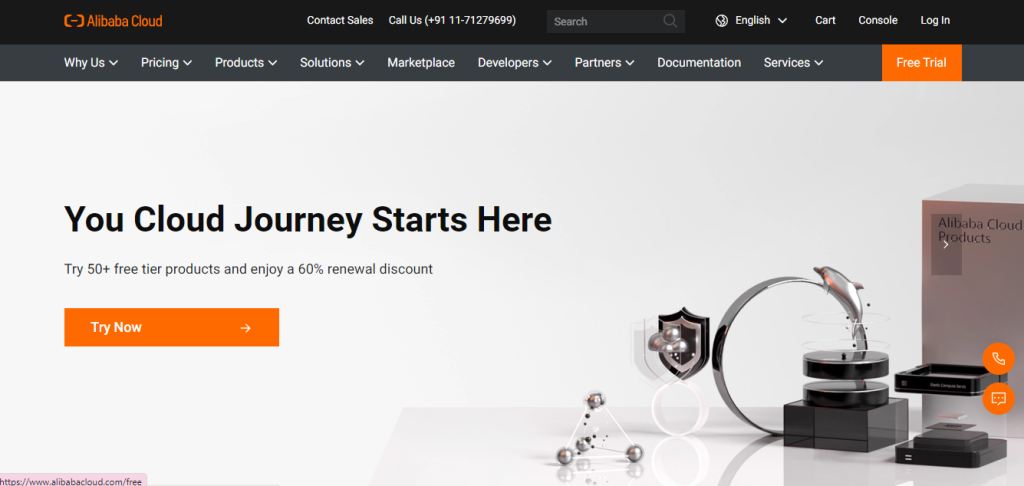
As Asia's top cloud provider, Alibaba Cloud supports businesses targeting its market. With innovative big data and AI tools, it has quickly become a major competitor in the cloud space.
Also read: Alibaba Alternatives
- Features:
- Elastic Compute Service (ECS): Offers scalable computing power for a variety of workloads.
- Big Data and AI Tools: Advanced analytics and AI-driven solutions for data-centric applications.
- Global Network: Our strong Asia-Pacific presence ensures top performance for businesses.
- Why choose Alibaba Cloud? For businesses targeting Asian markets, it offers a cheap, local solution. Its focus on AI and big data makes it a top choice for firms wanting to use analytics for growth.
- Downside: Limited support and infrastructure outside the Asia-Pacific can hurt globally ambitious businesses.
- Why it's an alternative to Kamatera: Alibaba Cloud is as scalable and flexible as Kamatera. But it has a strong presence in Asia and advanced AI tools. It offers better localisation and innovation for Asian-focused businesses.
10. Hetzner Cloud
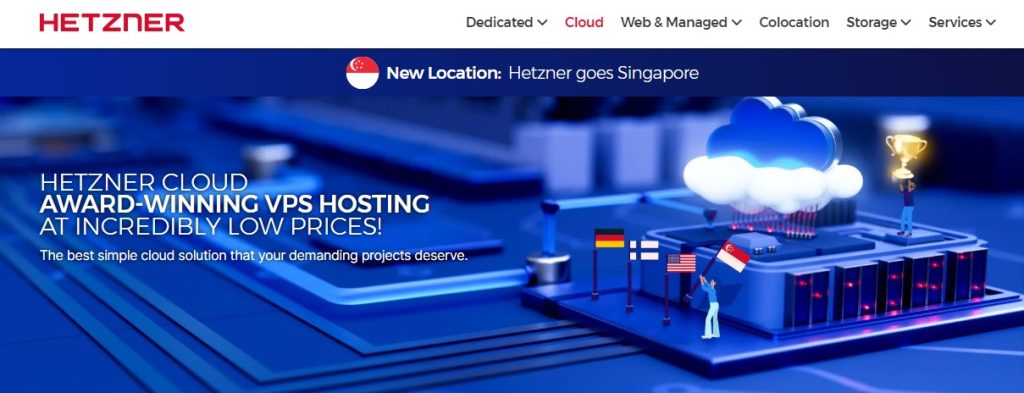
Hetzner Cloud, based in Europe, is known for its affordability and reliable infrastructure. It appeals to small and medium-sized businesses. They want high-performance solutions that are affordable.
- Features:
- VPS with SSD storage: Delivers fast and reliable performance for various use cases.
- Load balancers and block storage support scalable and dynamic applications.
- Transparent Pricing: No hidden fees, making it easier for businesses to predict costs.
- Why choose Hetzner Cloud? Hetzner offers low costs and reliable performance. It is ideal for budget-conscious businesses. Its transparent pricing ensures no surprises, which is particularly attractive for SMBs.
- Downside: Its limited data centre network and fewer tools can hinder global firms.
- Why it's an alternative to Kamatera: Hetzner is as cheap as Kamatera. But it focuses on European markets. For businesses in Europe, Hetzner is a great, low-cost option. It saves money and performs well.
In 2026, cloud hosting has many options. They suit different business needs, budgets, and tech requirements. Kamatera has a strong, scalable, and customisable infrastructure. But, exploring alternatives may find better-suited solutions. There are many options. They range from global giants like AWS, GCP, and Microsoft Azure to startups like Utho, which cuts costs by 60%. AWS, GCP, and Azure have advanced features and enterprise-grade services. Utho combines affordability and performance. Providers like DigitalOcean, Vultr, and Hetzner focus on simplicity and low cost. IBM Cloud and Alibaba Cloud cater to niche industries and regional markets.
The key is to align your cloud strategy with your goals. The provider must support your needs for scalability, performance, and budget. By using these Kamatera alternatives, businesses can innovate, cut costs, and reach their cloud goals.

